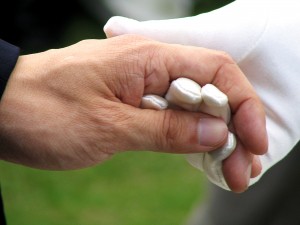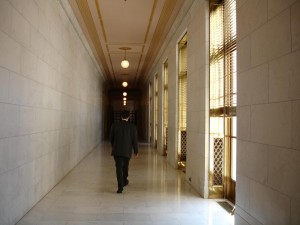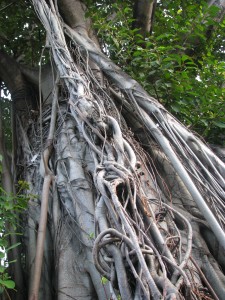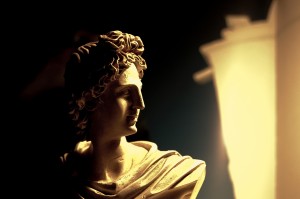Inspiration:
Micah asks: “What does the Lord require of you but to do justice, love kindness, and walk humbly with your God?” May my life be an answer.
Doing Justice
What is justice? We know that Unitarian Universalists think that justice is important. After all, our second principle is “justice, equity and compassion in human relations.” Equity pretty clearly means fairness—people being treated equally. Compassion means kindness and caring, from root words that literally mean feeling with someone else. So justice must be something other than fairness or kindness, otherwise there would be no point in listing it along with equity and compassion.
Maybe we can get a hint from one of my favorite bits of the Hebrew Bible, the famous call from the prophet Micah to “Do justice, love kindness, and walk humbly with your God.” Justice, it seems, is something you do. You can love kindness from a distance. You can feel compassion for someone who will never know your caring thoughts. But justice isn’t justice unless you do it.
BY LYNN UNGAR, MINISTER FOR LIFESPAN LEARNING, CHURCH OF THE LARGER FELLOWSHIP TO READ MORE





